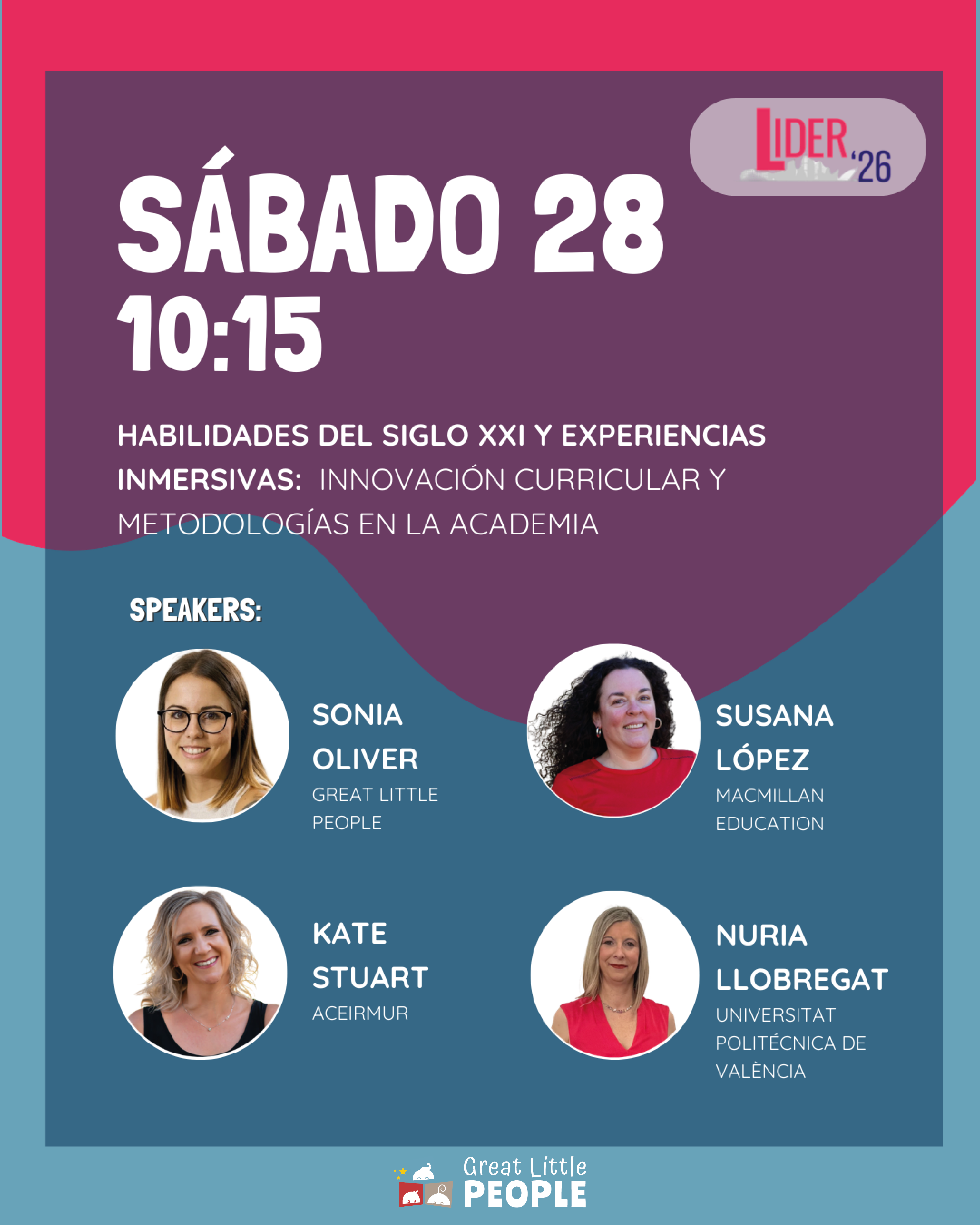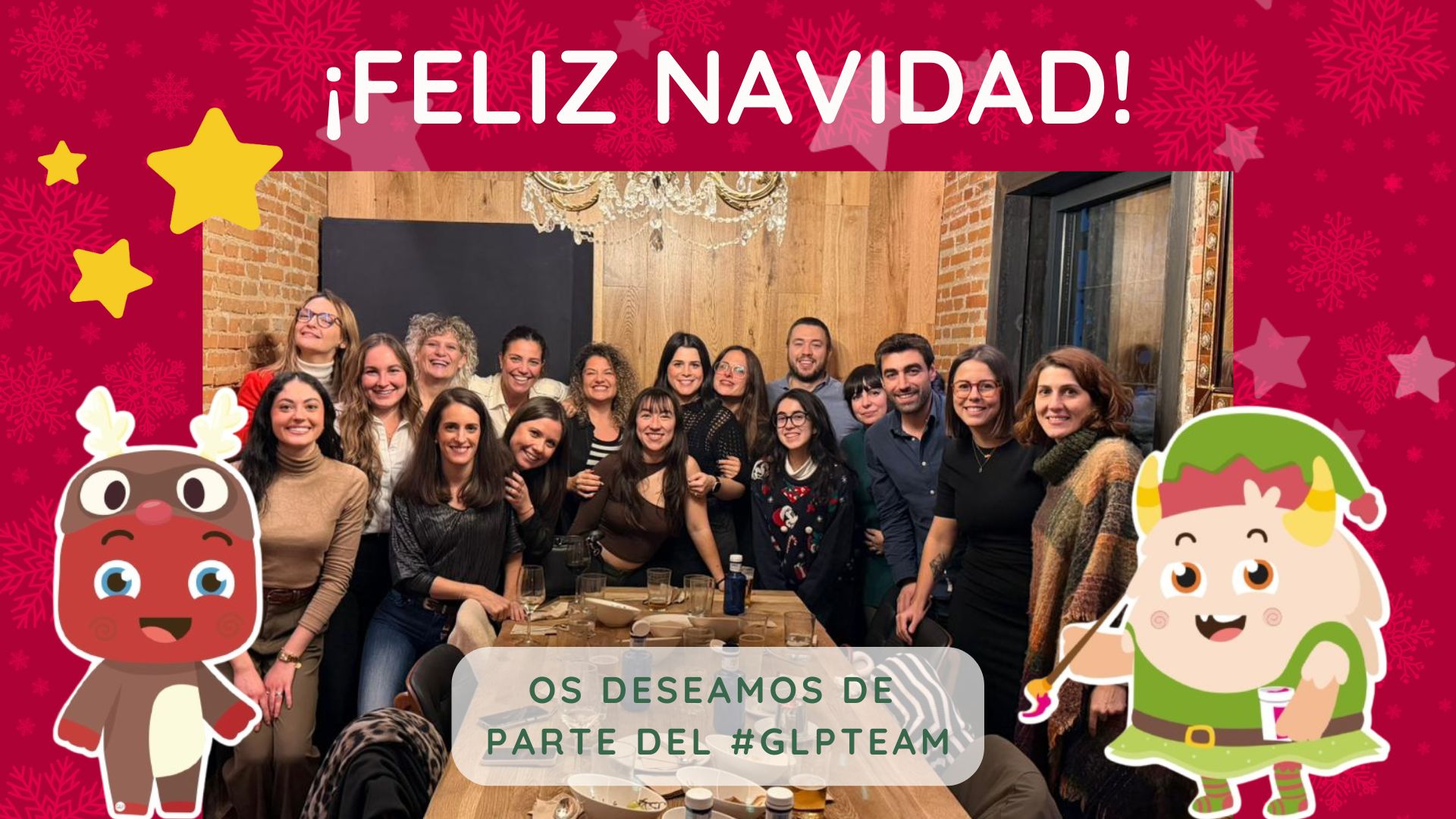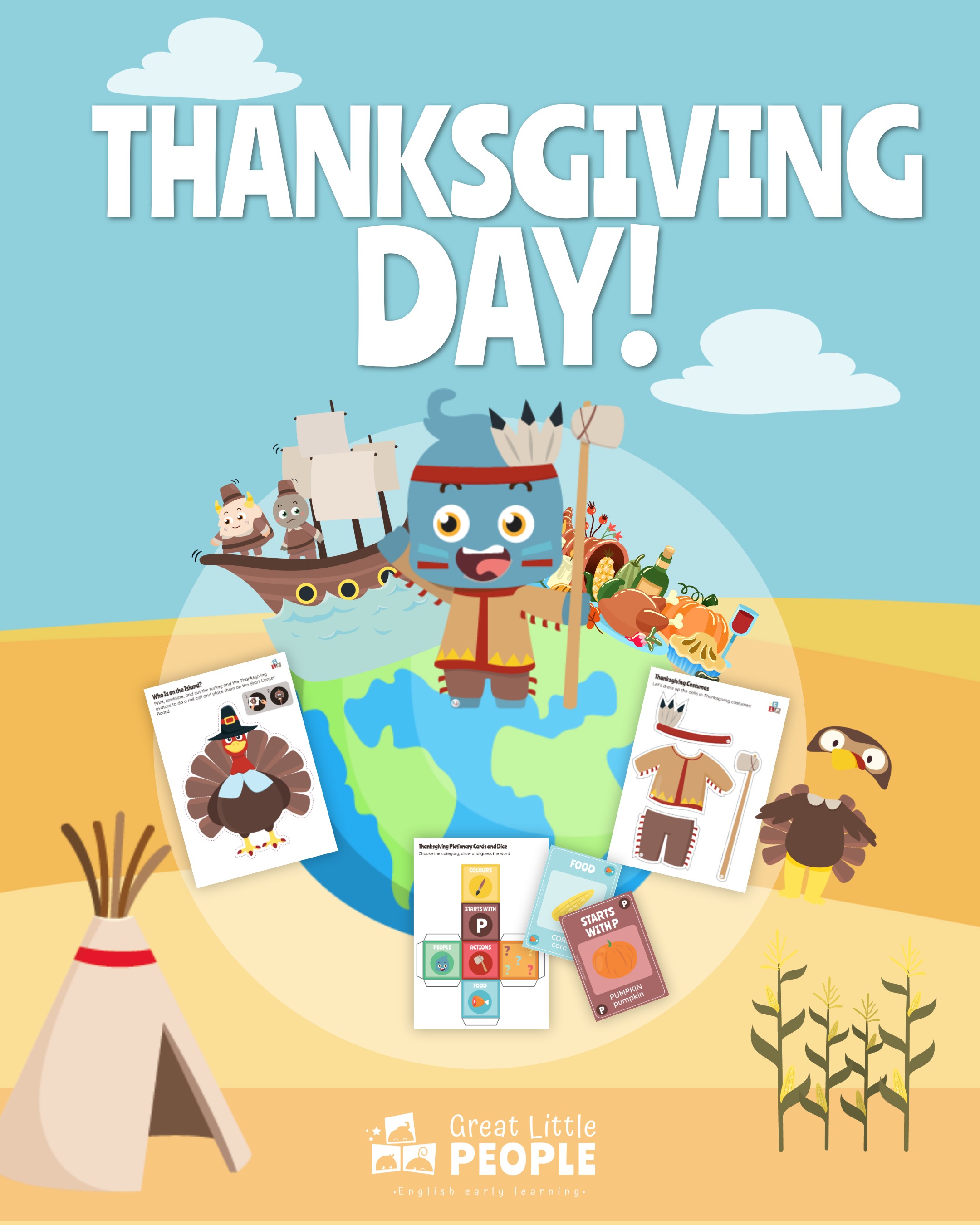When we talk about English for children from 1 to 7 years old, in Great Little People, we think about the phases of acquiring English for children depending on the time of the girl or boy. They all have different personalities and different ways of learning.
Children learn everything through play, in a sensory, symbolic, dramatic and constructive way. Babies start to understand a language twice as quickly as they speak it, so it's important that they hear the language even if they can't speak it. They receive the stimuli around them without conditions, they are natural gifts. At three years old, a baby's brain is twice as active as that of an adult.
Until they are seven years old they are able to understand what you explain to them and they will put it into practice. This is the most effective phase since the child is not yet prejudiced and enjoys learning English through play, in a sensory way and thanks to their curiosity.
Teaching English for children from 1 to 7 years old in a natural environment
Reinforcing language learning at home will help your child do it naturally. Putting videos in English, readings in English for children or songs before bed, we will make it part of your usual environment.
Songs in English for children:
At GREAT LITTLE PEOPLE we have created our own songs to reach the senses of each child. Here are some others songs in English for children who will help you:
HELLO!
EMOTIONS AND FEELINGS
ANIMALS
COLOURS
NUMBERS
PARTS OF THE BODY
BATH SONG
FAREWELL
Learning English from an early age is important and if you can combine it with reading, your baby will develop better. In this phase, your language skills for the future will be defined. You can use yarns with illustrations and drawings that help visually. Here are some books for learning English:
Brown Bear, Brown Bear, What do you see? — Eric Carle
Brown Bear vto repeat the phrase “What do you see?” [“What do you see?”] At the same time features various animals, each one in a color. The repetition and rhythm of the story make it very attractive and facilitate children's participation.
From Head to Toes— Eric Carle
This book explores basic parts of the body and invites you to physically answer the question of the different animals, “Can you do it?” [“Can you do it too?”] , who applaud, stomp, move and crouch. Friendly and fun... although it may not be the most advisable option before going to sleep!
The Very Hungry Caterpillar— Eric Carle
This popular children's story in English is perfect for familiarizing children with days of the week And the names of different foods, while accompanying a butterfly in its life cycle.
We're Going on a Bear Hunt — Michael Rosen
This narrative contains many repetitions, allowing children to participate in it with the words they know. Great fun to make gestures while reading or when visiting places like those in history, such as “swishy swashy grass” [“the long pastures: suish, suash!”] or the “squelchy squerchy mud” [“the thick, sticky mud: plochi, plochi, plop!”].
El theater In English it is also very effective, babies receive expressions in English, phrases in English, numbers in English, verbs in English, food in English and all kinds of concepts in a fast and fun way.
Don't wait any longer, and come and discover the number one English method for children in Spain. Book your free class at more than 50 centers than Great Little People It has in the Community of Madrid, Seville and Zaragoza.





